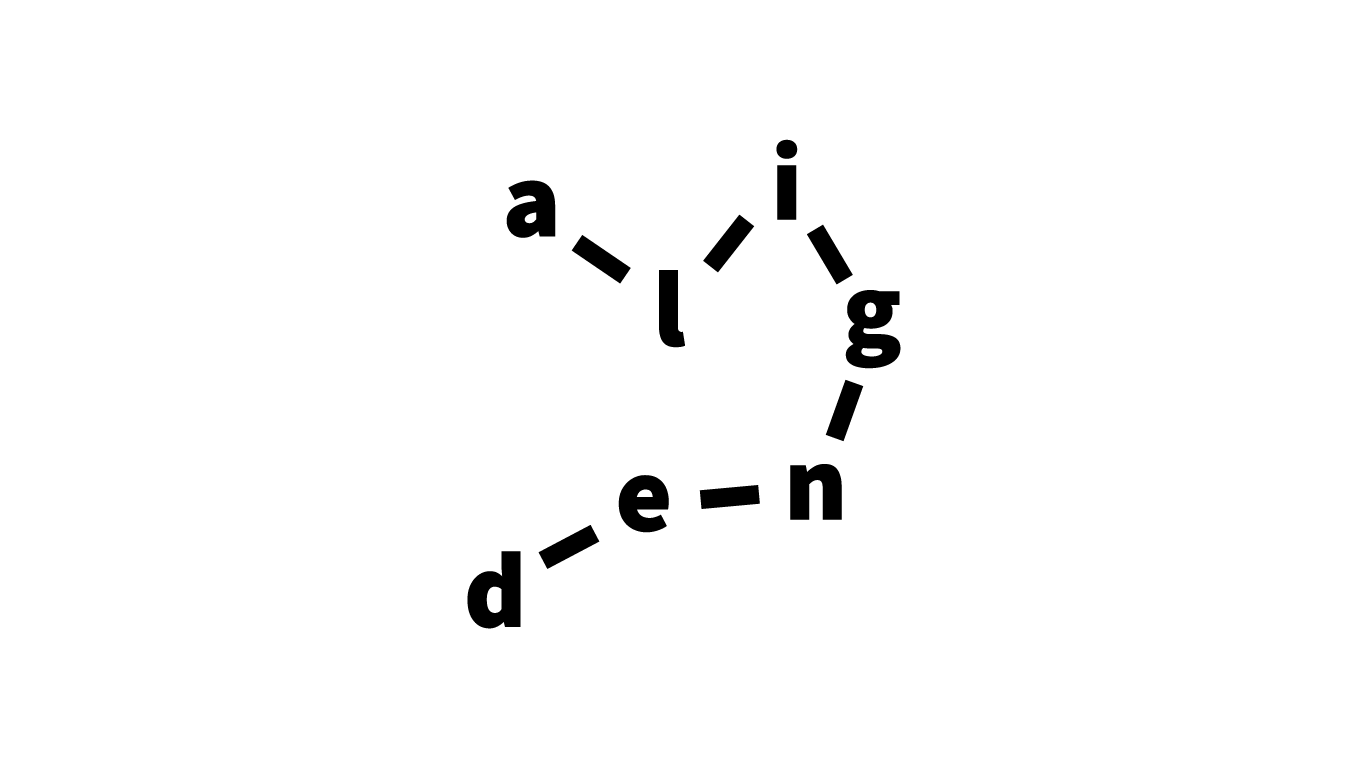From Inner Critic to Inner Ally: How to Transform Negative Self-Talk
Negative self-talk is more than the occasional unkind thought. For many high-functioning, thoughtful people, it’s a constant background noise — a quiet pressure that shapes decisions, undermines confidence, and leaves them feeling like they’re never quite enough.
It often shows up at the exact moments we most need clarity.
You’re about to lead an important meeting.
You’ve just returned from leave and are trying to find your footing again.
You’ve stepped into a bigger role, and your inner voice is whispering, “Don’t mess this up.”
That’s the inner critic at work. And left unchecked, it can keep talented, capable people small — even while they look “fine” on the outside.
Why the Inner Critic Feels So Loud
The inner critic isn’t random. It’s shaped by years of internalised messages — from workplaces, families, culture — and often amplified during times of transition or pressure.
For some, it sounds like a relentless drill sergeant, pushing for impossible standards.
For others, it’s subtler: a low-grade hum of doubt that questions every choice.
The problem? That voice often masquerades as “motivation,” when in reality it erodes self-trust, creates internal conflict, and over time, contributes to burnout and emotional fatigue.
From Critic to Ally: The Shift That Changes Everything
The goal isn’t to silence that voice completely — it’s to change its role.
Your inner critic can become an inner ally: a voice that guides rather than judges, that helps you pause, assess, and move forward with clarity.
This shift doesn’t happen through force or quick fixes. It happens by building awareness, reframing your relationship with your thoughts, and practicing a different inner dialogue — especially in moments of stress or change.
Four Practices to Transform Your Self-Talk
Spot the Pattern
Notice when the critic shows up. Is it before big decisions? In feedback conversations? During transitions? Naming the moments is the first step to loosening their hold.Question Its Accuracy
Ask: Is this voice telling me the truth, or just rehearsing old fears? This interrupts automatic thinking and makes space for choice.Introduce an Alternative Voice
Try replacing “I’m not ready for this” with “I’m learning as I go, and that’s enough for today.” It’s not about blind positivity — it’s about creating a voice that supports rather than sabotages.Anchor in the Present
Ground yourself physically. Notice your feet on the floor, your breath in your body. This brings you out of mental noise and into the moment, where the critic loses some of its grip.
A Real Example
A client returned to work after parental leave. On the surface, she was performing well. Inside, her inner critic was constant: “You’ve fallen behind. You’re not doing enough at home or at work.”
Through targeted coaching, she learned to recognise when that voice was triggered, and to replace it with a more balanced internal script. Over time, her confidence rebuilt — not because the pressure disappeared, but because she could meet it with clarity instead of self-doubt.
Why This Matters in the Workplace
Negative self-talk doesn’t just affect individuals — it affects teams, leadership, and culture.
When employees are stuck in self-criticism, they’re less likely to take healthy risks, speak up, or fully contribute. Over time, it can impact retention, collaboration, and overall wellbeing.
Supporting people to move from inner critic to inner ally isn’t just personal development — it’s culture change. It’s how organisations create environments where people lead from clarity, not coping.
Your Next Step
If you recognise yourself — or your team — in this pattern, it’s not a flaw. It’s a signal.
This is the kind of transition work I specialise in: therapeutic coaching for people navigating return from leave, new roles, leadership pressure, or quiet overwhelm that’s hard to name but impossible to ignore.
Together, we work to strengthen self-leadership, build emotional clarity, and create a more human pace — so people can do hard things without losing themselves.

